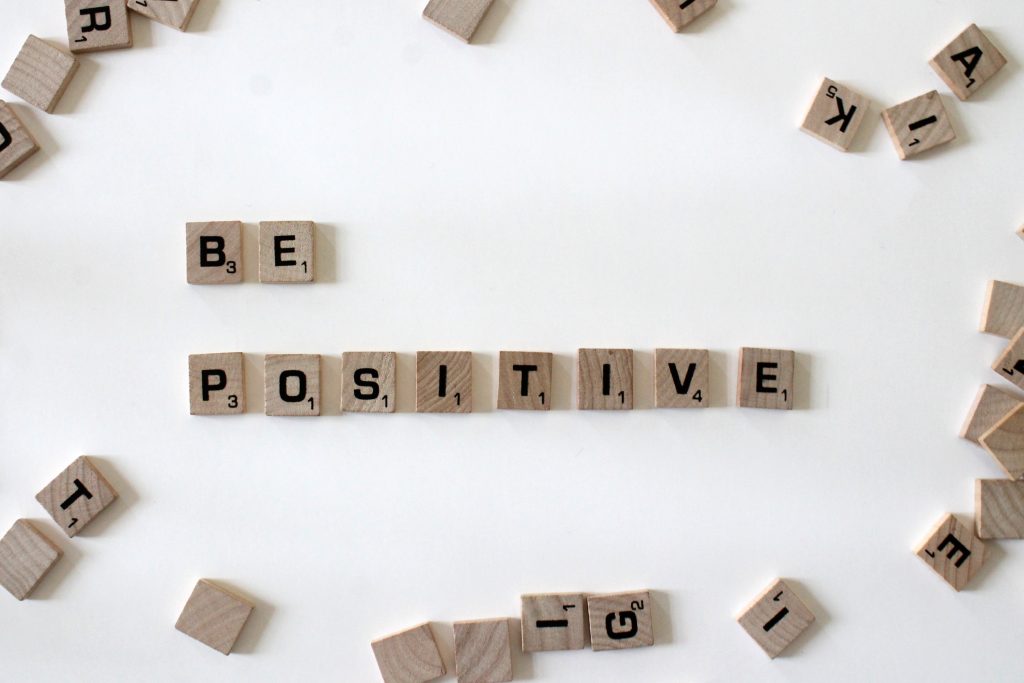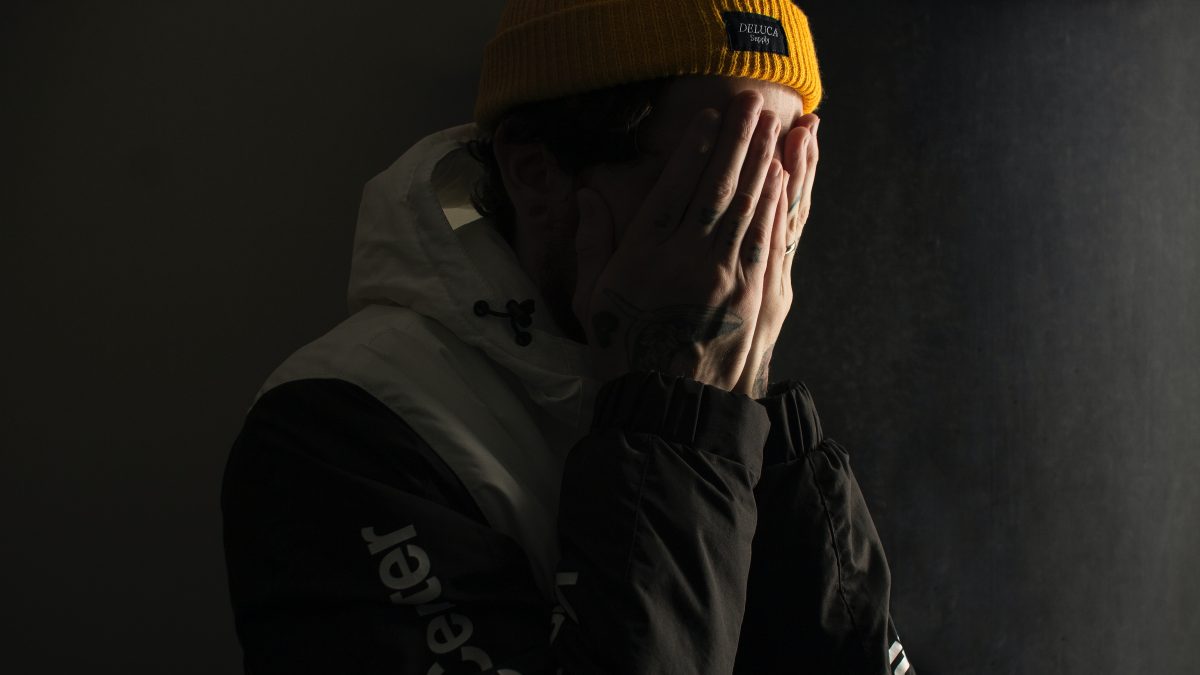Shame is a part of addiction. Addicts and alcoholics accumulate deep feelings of shame and guilt.
Shame is a sense of humiliation, inadequacy, unworthiness, regret, or disconnection, which most alcoholics and drug addicts feel due to their behaviours.
Their families too carry that shame. For instance, children of alcoholics are continually shamed by their parent’s addictive behaviour.
The addict’s environment turns into an atmosphere of intense resentment, humiliation, shame and denial.

The roots of shame in addiction
When a person gets repeatedly drunk or high, they do things that they regret later.
They want to forget what they’ve done, but they don’t want to make amends or make an effort to change themselves – that is the difference between shame and guilt.
Guilt is feeling bad about something and wanting to rectify it; shame is a feeling that makes you want to disappear – you want to be swallowed up by the ground. Shame results in the alcoholic feeling:
- Inadequate
- Inferior
- A sense of self-loathing
- A sense of disconnection
The sense of disconnection is perhaps the most harmful part of shame that overwhelms the addict. Intense shame results in a dysfunctional thought process.
The addict or alcoholic may begin to think that they are different (even superior!) from other people and don’t understand them.
They start to lose touch with the outside world, and even with parts of themselves. Moreover, they lose the connection with what Alcoholics Anonymous calls “higher power”.

How Shame Spreads
Shame is a part of the vicious cycle of addiction. When alcoholics get drunk, or addicts are under the influence of drugs, they indulge in behaviours that generate shame.
Then they try and deal with their shame by more drinking and drugging. This cycle slowly begins to encircle the family too.
Family members living with an alcoholic or drug addict are incessantly exposed to lies and violence. They too join the lies by hiding facts from friends and neighbours.
Their loved one repeatedly breaks promises and blames them for their behaviour. At some stage, they start to believe that they are responsible for the chaos and don’t deserve love or happiness.
They become ashamed of who they are. The shame makes them avoid their well-wishers and get the help they need.
The addict’s household becomes home to overwhelming denial and distraction, and this makes people co-dependent.
Co-dependants further compound the problem by enabling the addicts – rescuing, protecting, and caring for the addict, while living in fear of them.

Addiction Therapy and Shame
Shame is a scary emotion. The addicts try to avoid or mask the feeling. They try to numb their feelings with the help of substances and eventually lose the ability to identify and express their emotions.
Their response to any emotional situation is to deflect or deny. Continued intake of substances leads to further accumulation of shame.
Healing shame is a slow and lengthy process. It is an essential part of addiction recovery. Therapists encourage the addict to share their feelings, safely and honestly, to lighten the burden of shame.
They help the addict break through the barriers of denial and then motivate to change. Alcoholics Anonymous does this through its 12 Steps.
Counsellors may employ additional techniques such as CBT (Cognitive Behaviour Therapy) so that the individual begins to change their thinking and behaviour.
The healing process leads to the point that the addicts let go of shame and believe that they are worthy of giving and getting love. They begin to shed feelings of inadequacy and build healthy self-esteem.
They begin to see the hope that they can live a happy, productive life – without being pulled down by feelings, no shame, guilt or regrets.



